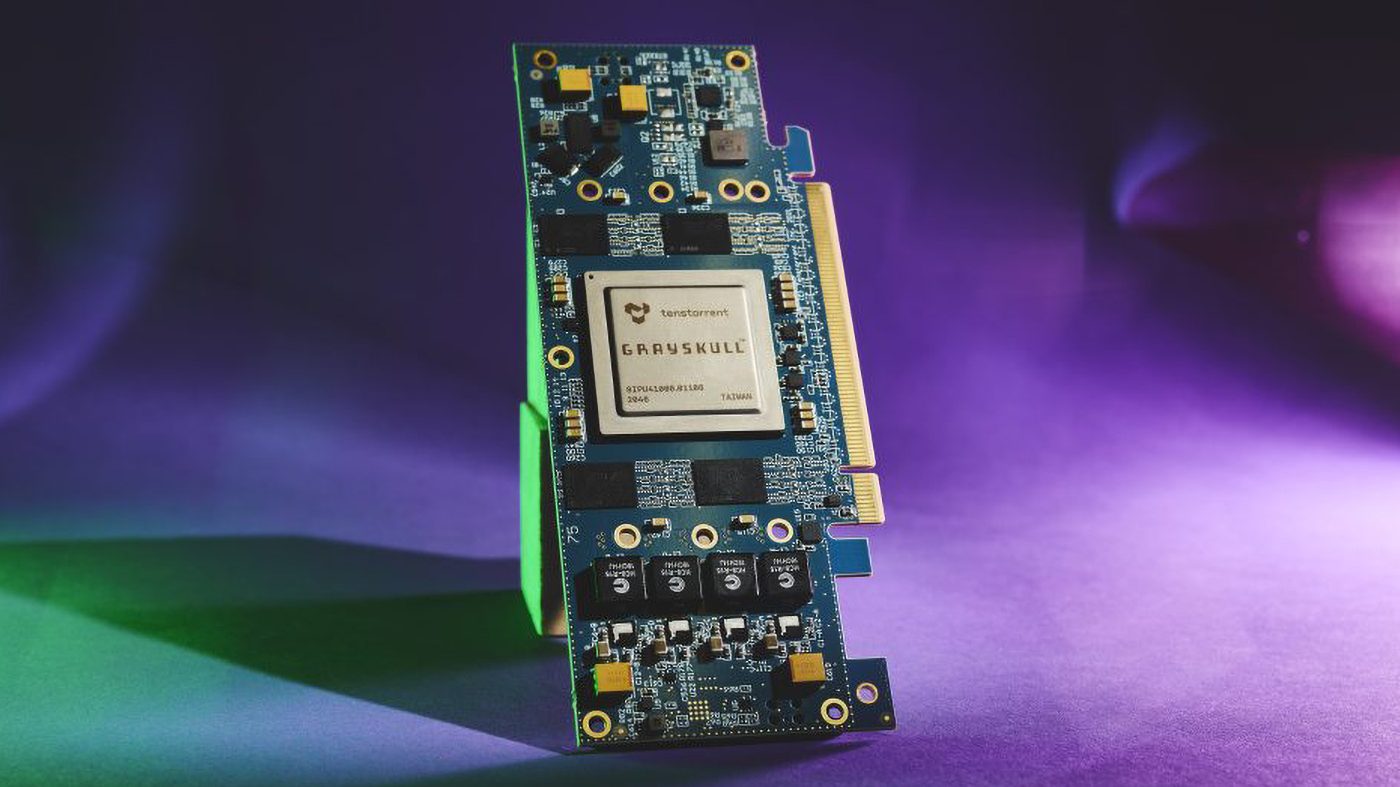(Original Caption) Seattle: Rock supergroup Crosby, Stills, Nash and Young, reunited after four … [+]
Bettmann Archive
The band wasn’t exactly getting back together, but this week David Crosby, Stephen Stills and Graham Nash joined the growing number of musical artists who are backing Neil Young – their former bandmate – by boycotting the streaming service Spotify. The four have performed as a folk rock supergroup on and off since the late 1960s.
Crosby, Stills and Nash pulled their music – as well as the music they made with Young – to protest the fact that Spotify remains the home of the popular The Joe Rogan Experience podcast.
In a statement to twitter, David Crosby (@thedavidcrosby) explained, “We support Neil and we agree with him that there is dangerous disinformation being aired on Spotify’s Joe Rogan podcast. While we always value alternative points of view, knowingly spreading disinformation during this. global pandemic has deadly consequences. Until real action is taken to show that a concern for humanity must be balanced by commerce, we don’t want our music – or the music we made together – to be on the same platform. “
Crosby added on Wednesday, “I have not and will not demand anything from Spotify or Joe Rogan… I just don’t want my music on there if he’s on there so I’m taking mine off… that is not censorship,” Crosby posted on Twitter on Wednesday.
Crosby, Nash and Stills Alive?
Last month, when Neil Young pulled his music many openly mocked him on social media. Not surprisingly, the same occurred this week.
Political satirist Jeremy Newberger (@jeremynewberger) poked fun, writing, “Who would have predicted Joe Rogan and Spotify trying to kill people with medical misinformation would be the one thing that could unite David Crosby and Neil Young?”
Science professor Dr. Richardo Harambe (@Richard_Harambe) shared details of Crosby’s past drug use and suggested, “If I had to take lifestyle advice from either Joe Rogan or David Crosby I think I would probably choose Rogan.”
“It’s a strange world when David Crosby is the moral center of things. But there he is,” said Nick Gillespie (icknickgillespie), host of the Reason Interview podcast.
Author David Reaboi (davereaboi) was even more direct, tweeting, “Like Joni Mitchell, David Crosby’s political astuteness is inverse proportion to his great talent. It’s a terrible shame, but it’s unsurprising.”
Despite the mockery, the question could be asked why this actually matters as Spotify isn’t the exclusive platform for those musical catalogs. Many fans certainly have the songs – recorded decades ago – on vinyl or CD, but the power of streaming can’t be ignored.
“Spotify is the number one streaming service, which is why millions of people tap into it daily to access music, even if they have it on other mediums,” said brand marketing expert and social media pundit Scott Steinberg.
More importantly, the fact that musical artists are starting to step up may not be something that Spotify can ignore, especially as this story continues to trend on social media.
“Artists are now having a voice heard, and they are pushing back when they have an issue,” Steinberg added. “Social media is allowing fans to show support in a way that wasn’t otherwise possible. If it causes enough of an uproar the companies will have to listen to those artists.
Putting the Spotlight On Spotify
Beyond the debate over the spread of misinformation via Joe Rogan’s podcast, Crosby’s support for Neil Young also put new emphasis on how little he actually makes when his music is played on the streaming service.
The Hill’s White House Columnist Niall Stanage (@NiallStanage) quoted and exchanged that Crosby had with MSNBC’s Katy Tur on Wednesday. Stanage tweeted, “David Crosby is being interviewed by Katy Tur on MSNBC and is talking – rightly – about Spotify’s dismal royalty rates. She asks how much money he makes when she plays’ ‘Our House’ on repeat.” Crosby: “If you did it all year, I might be able to buy you a cup of coffee.” “
This has created an entire new debate – one that Spotify might not have expected.
“The thing to keep in mind is that Spotify has free rein over the millions of users, and paid the artists almost nothing,” Steinberg added. “Artists, especially those who need the exposure have had no choice but to follow.”
By announcing their displeasure on social media, the artists are being heard as much for their beliefs as for their music.
“As crazy as things can get in social media, it can offer artists tremendous power,” Steinberg said. “People are listening and many are canceling their subscriptions. That is going to impact Spotify and its value. If you overlook the potential for social media to amplify such call from artists today it is at your own peril.”













